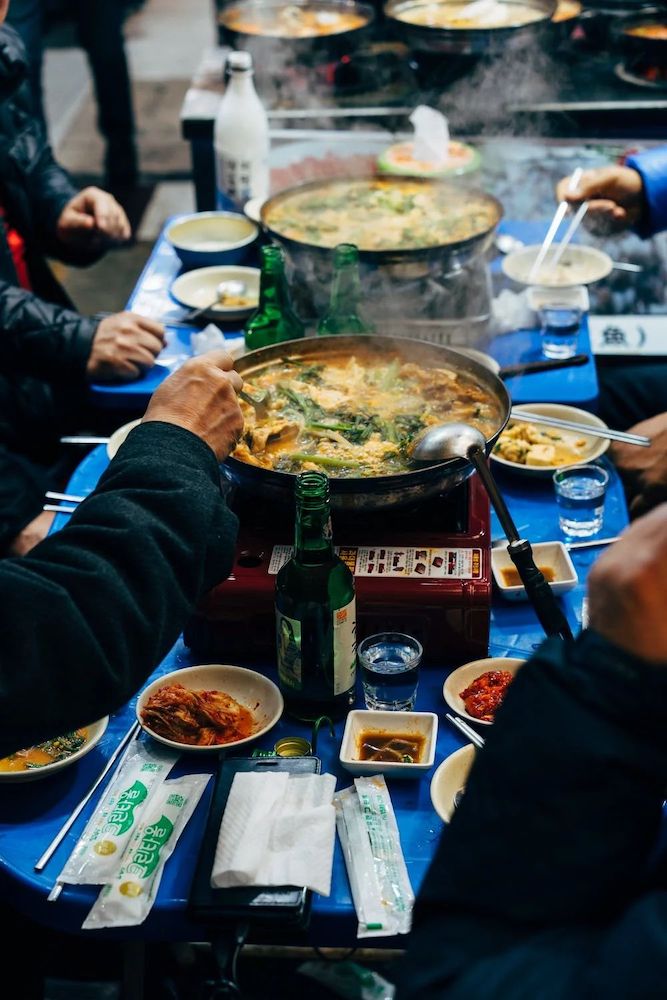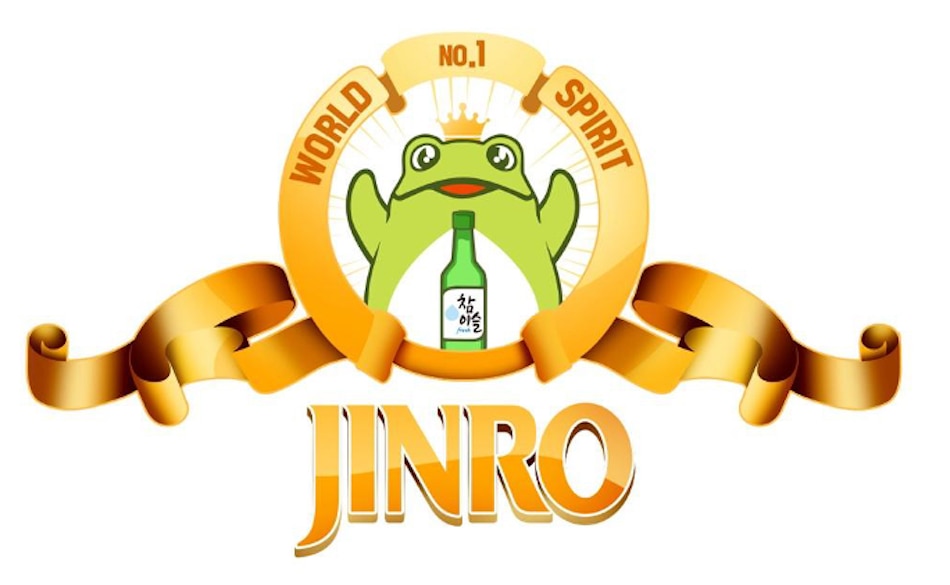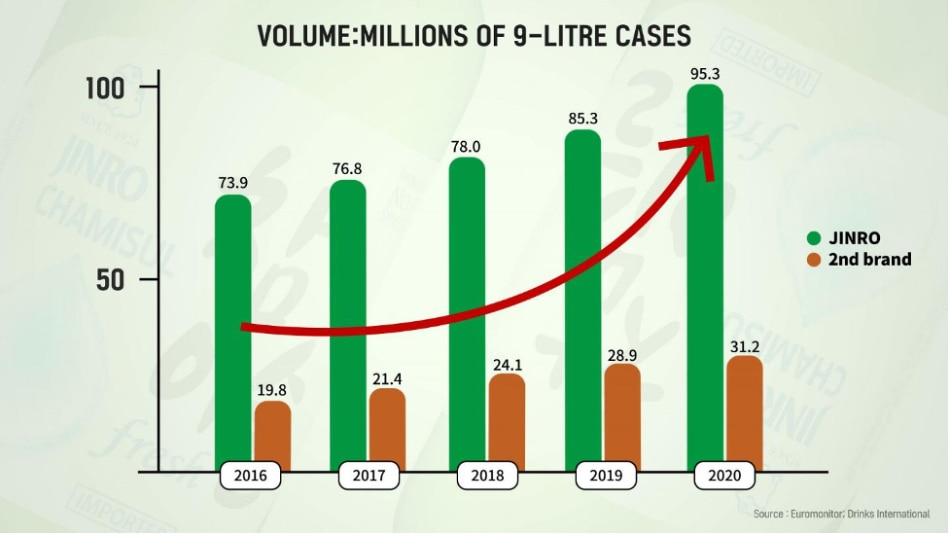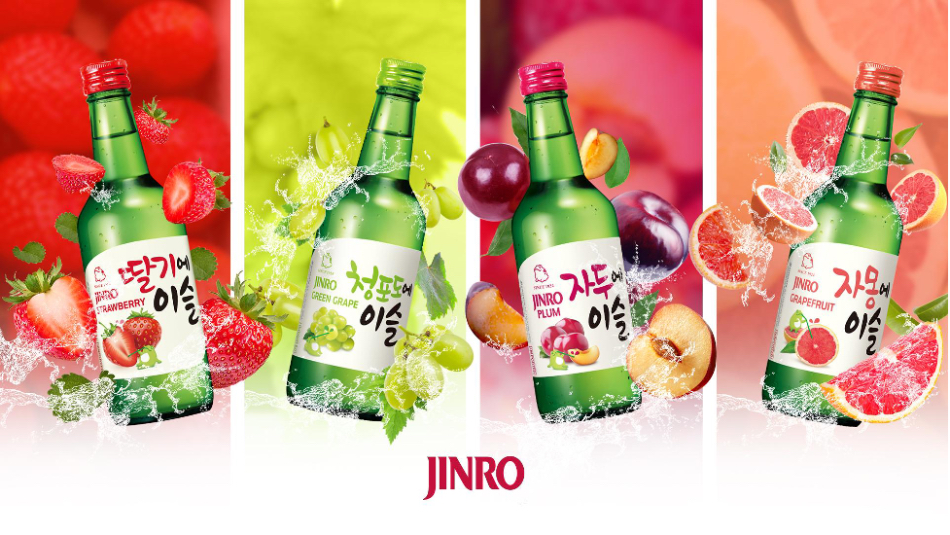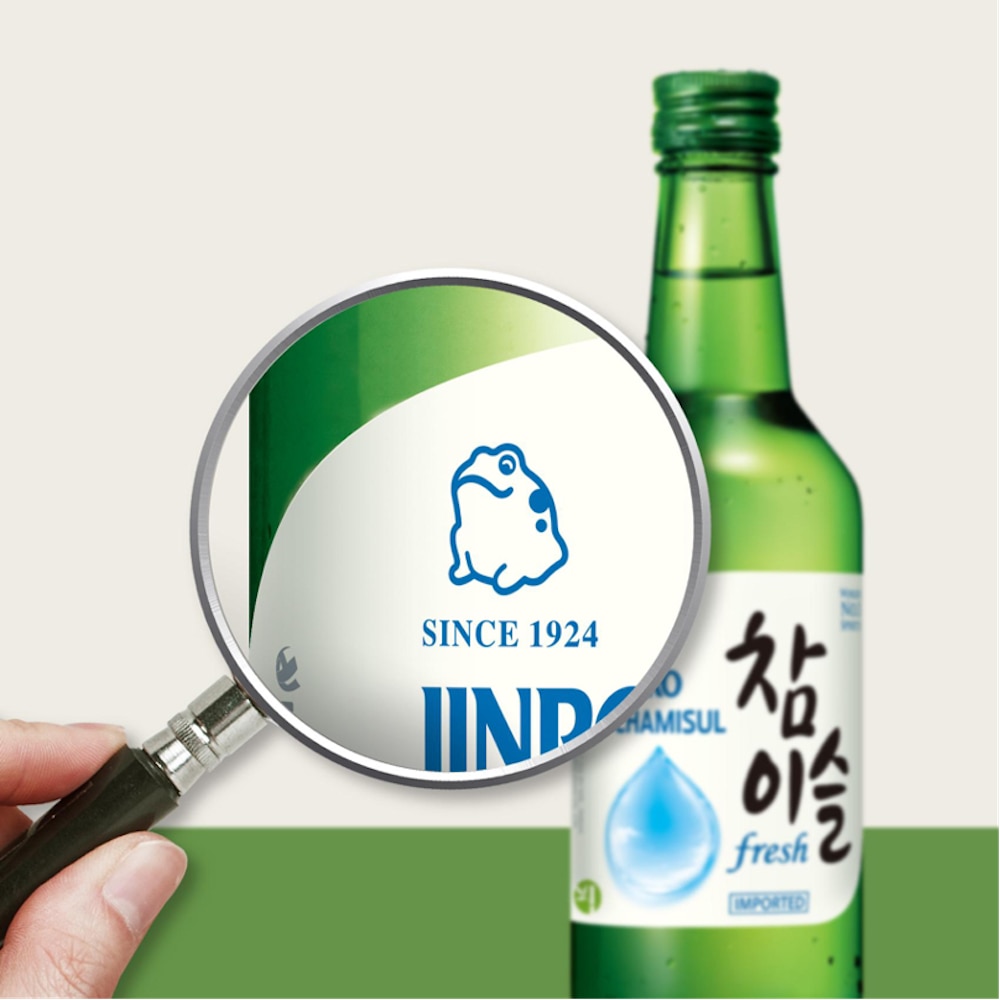How soju became the most sold spirit on the planet | ABS-CBN
ADVERTISEMENT

Welcome, Kapamilya! We use cookies to improve your browsing experience. Continuing to use this site means you agree to our use of cookies. Tell me more!
How soju became the most sold spirit on the planet
How soju became the most sold spirit on the planet
PARTNER FEATURE
Published Jun 16, 2022 02:54 PM PHT
|
Updated Jun 18, 2022 05:09 PM PHT
K dramas have given us a picture of soju’s prominence in the drinking culture of South Korea. Almost every time there’s a gathering onscreen—celebratory, nostalgic, funny, romantic etc.—we see green bottles and the accompanying shot glasses being shared over spicy stews, grilled meats or shellfish, ramyeon, dried squid, nuts or anchovies. Remember that pivotal scene where father teaches his son Park Sae-ro-yi the proper way of drinking soju in the earliest episode of “Itaewon Class?”
K dramas have given us a picture of soju’s prominence in the drinking culture of South Korea. Almost every time there’s a gathering onscreen—celebratory, nostalgic, funny, romantic etc.—we see green bottles and the accompanying shot glasses being shared over spicy stews, grilled meats or shellfish, ramyeon, dried squid, nuts or anchovies. Remember that pivotal scene where father teaches his son Park Sae-ro-yi the proper way of drinking soju in the earliest episode of “Itaewon Class?”
What’s interesting to note is that Korea’s national drink has been enjoying immense popularity outside of TV screens, IRL—all over the world. Soju is actually the most consumed spirit worldwide. And for 20 straight years since 2001, the soju brand Jinro has topped the world’s bestselling spirit list of Drink International magazine called The Millionaires’ Club. It also happens to be the most beloved soju brand among Koreans and has the highest market share in the soju category.
What’s interesting to note is that Korea’s national drink has been enjoying immense popularity outside of TV screens, IRL—all over the world. Soju is actually the most consumed spirit worldwide. And for 20 straight years since 2001, the soju brand Jinro has topped the world’s bestselling spirit list of Drink International magazine called The Millionaires’ Club. It also happens to be the most beloved soju brand among Koreans and has the highest market share in the soju category.
As per the graph below, HiteJinro has recorded a sales inventory of 95.3 million cases in 2020, more than three times the next biggest spirit brand, which is the Philippines’ Ginebra San Miguel with 31.2 million cases.
As per the graph below, HiteJinro has recorded a sales inventory of 95.3 million cases in 2020, more than three times the next biggest spirit brand, which is the Philippines’ Ginebra San Miguel with 31.2 million cases.
There’s no doubt it’s the taste that draws people in, apart from the reward of feeling more relaxed, happily tipsy after a shot or two. Soju, which is made from rice, barley, and tapioca is almost neutral-tasting like vodka—which means it doesn’t have that harsh alcohol burn. It has a sweet, milky flavor, which makes downing an entire bottle easy like a lazy Sunday afternoon stroll by the river under a line of gingko trees.
There’s no doubt it’s the taste that draws people in, apart from the reward of feeling more relaxed, happily tipsy after a shot or two. Soju, which is made from rice, barley, and tapioca is almost neutral-tasting like vodka—which means it doesn’t have that harsh alcohol burn. It has a sweet, milky flavor, which makes downing an entire bottle easy like a lazy Sunday afternoon stroll by the river under a line of gingko trees.
ADVERTISEMENT
HiteJinro’s flagship label, Jinro Chamisul Classic Soju, has been around since the Jincheon Liquor Companywas established in 1923. The Jinro Chamisul Fresh Soju has a slightly lower-ABV (16.9%) filtered through charcoal made from Korean bamboo. It has a delicate balance of a clean and smooth taste, which makes it ideal for cocktail mixes, as a substitute for vodka or gin.
HiteJinro’s flagship label, Jinro Chamisul Classic Soju, has been around since the Jincheon Liquor Companywas established in 1923. The Jinro Chamisul Fresh Soju has a slightly lower-ABV (16.9%) filtered through charcoal made from Korean bamboo. It has a delicate balance of a clean and smooth taste, which makes it ideal for cocktail mixes, as a substitute for vodka or gin.
Since 2016, Jinro has offered a variety of fruit-flavored soju, or fruit liqueurs which include grapefruit, green grape, plum and strawberry. These have a much lower alcohol content (13), possibly the reason it has largely attracted the millennial and Gen Z market. Soju is best served chilled. Because it doesn’t have a strong, overpowering flavor, it pairs well with different food.
Since 2016, Jinro has offered a variety of fruit-flavored soju, or fruit liqueurs which include grapefruit, green grape, plum and strawberry. These have a much lower alcohol content (13), possibly the reason it has largely attracted the millennial and Gen Z market. Soju is best served chilled. Because it doesn’t have a strong, overpowering flavor, it pairs well with different food.
There are different soju brands in the market, so it can get confusing to pick which one to buy. If you’re looking for Jinro, the bottle features the image of a toad printed on its label. The toad represents prosperity and longevity and symbolizes a spiritual animal. If you want to make your soju experience more authentic, look for the toad.
There are different soju brands in the market, so it can get confusing to pick which one to buy. If you’re looking for Jinro, the bottle features the image of a toad printed on its label. The toad represents prosperity and longevity and symbolizes a spiritual animal. If you want to make your soju experience more authentic, look for the toad.
Watching Korean dramas, we may have noticed a few things in the way they enjoy their soju. Koreans often drink it with a group. It’s a communal drink, so one never pours his own soju. You wait for a companion to pour it for you. You can sip if you want, but shooting it is more common. Many people the world over has likewise imbibed this Korean culture in their drinking habits. If you want your soju-drinking session to be as authentic and as close to how they do it where it in Korea, go with original soju, Jinro. Or as they like to say: Look for the toad.
Watching Korean dramas, we may have noticed a few things in the way they enjoy their soju. Koreans often drink it with a group. It’s a communal drink, so one never pours his own soju. You wait for a companion to pour it for you. You can sip if you want, but shooting it is more common. Many people the world over has likewise imbibed this Korean culture in their drinking habits. If you want your soju-drinking session to be as authentic and as close to how they do it where it in Korea, go with original soju, Jinro. Or as they like to say: Look for the toad.
Drink responsibly.
Drink responsibly.
ADVERTISEMENT
ADVERTISEMENT


